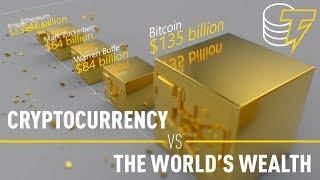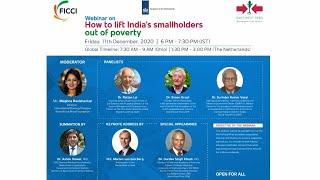Wealth Inequality and the Cost of the Poverty Gap in Arab Countries amidst COVID
Описание
Wealth Inequality and the Cost of the Poverty Gap in Arab Countries amidst COVID was recorded on the 10th of February 2021 with speakers Khalid Abu-Ismail, Vladimir HLASNY, and Randa Alami.
The notoriously high inequality of welath in the Arab region, and unrelenting poverty especially amid the onslaught of COVID-19, highlights the need for a stronger civic solidarity and the shared responsibility of the public, the private sector and the state for uplifting marginalised people out of poverty. We undertook to measure the dispersion of wealth within and across the Arab region countries, estimate the extent of poverty in the pre and post COVID-19 states, and assess the feasibility of eradicating poverty by introducing a solidarity wealth tax. This analysis offers many importasnt estimates for the regional wealth distribution. The region's 37 billionaires (all men) hold nearly 108 billion in 2019 in current USD. This is 4% of the region's GDP and is comparable to the GDP of Moroccco, or higher than the combined GDP of the Arab region's two largest LDCs, Yemen and the Sudan. The pre COVID-19 cost of covering the poverty gap in 2019 using the most recent nationally defined poverty lines was $38.6 billion per year for 13 regional countries. Factoring in the poverty impact of COVID-19, this figure rises subsyantially in 2020. We conclude that a solidarity wealth tax could comfortably cover the cost of closing the poverty gap in middle income countries ion 2019, but a higher rate would be required in the least developed countries and in 2020-2021.
This is part of a webinar series "Intensifying Inequalities and the Limitations of Global Capitalism", organised by the SOAS Department of Economics.





















